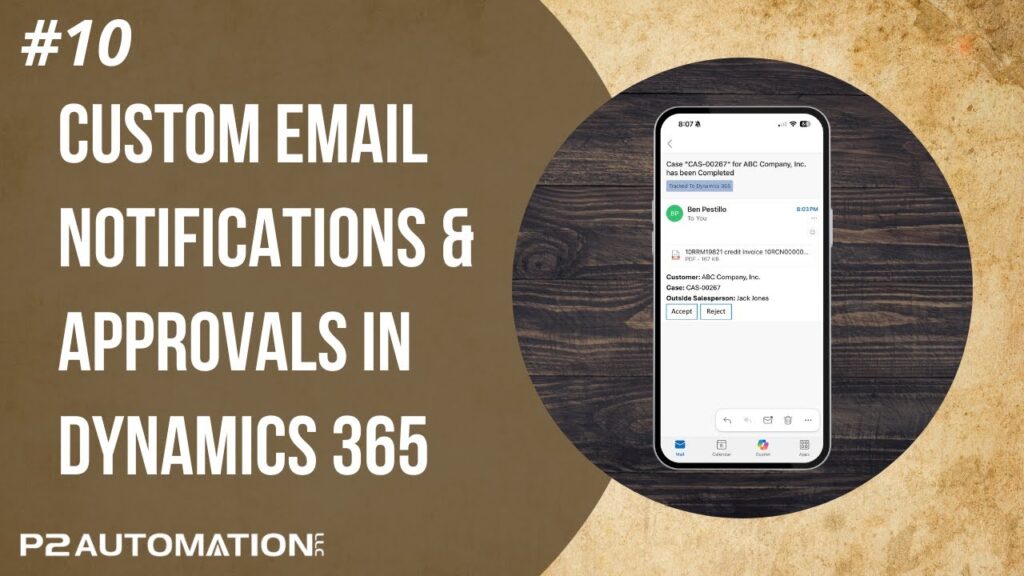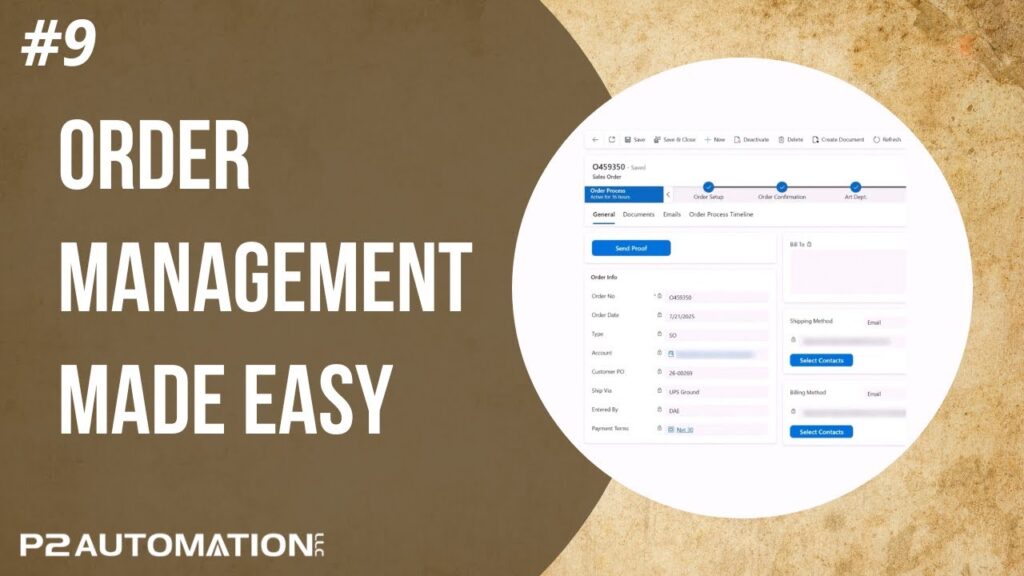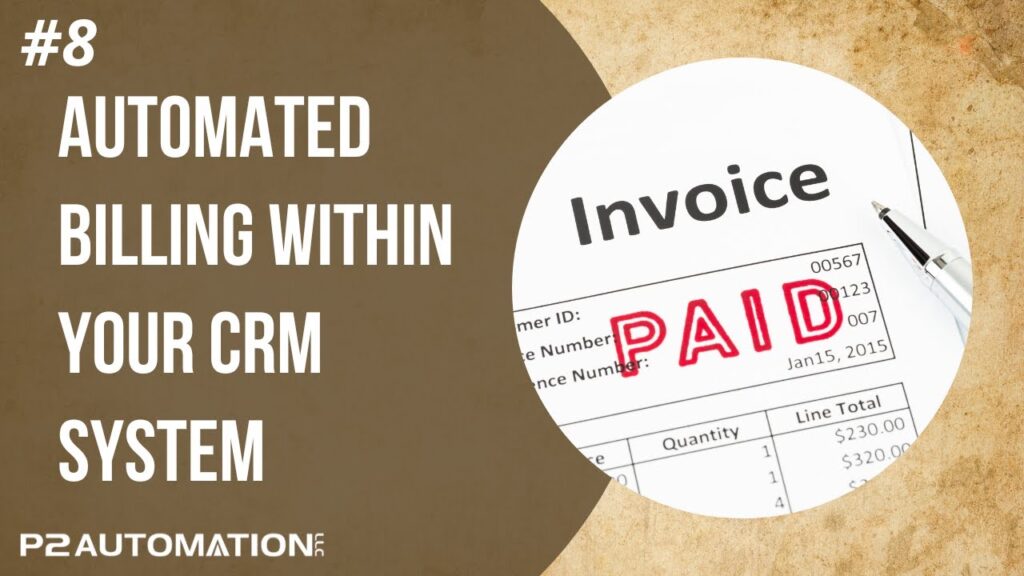When It Comes to Choosing a CRM, are You a Product Person or a Process Person?
Here’s why focusing on one and not the other will lead you to a CRM that meets your small business needs.
There are a lot of blogs out there about how to choose the best CRM for your small business. It’s easy to find just short of a zillion articles about the “Top CRMs on the Market Today” or “The CRM You Need for Your Small Business.” We understand their purpose. Choosing a CRM can be both overwhelming and a significant investment of capital. The hope is that it will help your business become efficient and streamlined enough to reach the next level of growth, and each CRM on the market has unique capabilities that may or may not please your IT department and sales team.
But these articles can also lead small business owners to take the scenic route to the best CRM. Find out our method for taking the direct road to CRM success.
What Do We Mean by CRM Product vs. CRM Process?
Most CRM blogs are product-focused. They list the most popular CRMs on the market and describe the good, bad, and ugly of each option. Your job, as a business owner or IT or sales manager, is to figure out which of those products best works to match the needs of your business. That is no small task!
When people choose a CRM based on the product, they are usually basing their decision on one or more of these three points:
- Cost of the CRM
- Functionality of the CRM
- Perceived compatibility with the business’s other programs
If you have ever purchased or are considering purchasing a CRM based on a combination of these factors, raise your hand. (On second thought, you can put your hand down. We’re not watching you. That would be creepy.) We understand why these are the decision points that businesses use. Unfortunately, this “product” focused approach to purchasing often produces less than stellar results. Why?
Purchasing a CRM and using it “out of the box” forces your business to conform to a product. The reality is that a successful CRM is one that conforms to your business processes. Additionally, purchasing a product just because it is within the same brand as your other technology doesn’t necessarily mean that the programs will “talk” to each other. (We’re side-eyeing you, Microsoft Dynamics CRM and Microsoft Dynamics BC).
Where Most CRM Small Business Customers Fail
It’s no surprise that when a business tries to use a standard CRM as it has been set up for all varieties of businesses to use (or even those CRMs more specific to a certain industry), the CRM doesn’t usually live up to its promises. Many organizations find themselves struggling to fit their business operations into the functionality that the CRM is set up for. They may also find that their employees are reluctant to adopt the new technology, particularly if it requires them to follow a different process that they and their customers are not used to.
Humans are not wired to like change. CRMs are indifferent to change. So why do we try to make humans change to fit the CRM instead of the other way around?
Why Your CRM Isn’t Working for Your Small Business
In our years of experience here at P2 Automation, we have seen time and time again that the most successful CRMs, the ones that really add efficiencies, saving time and dollars, are the ones that are built and customized based on the processes of the business.
Now we know that using the word “customized” may have triggered a fear response and caused you to unconsciously clutch your wallet, but most clients are surprised to realize that a process-based approach that customizes the product to your process is:
- Not as expensive as you may think it is
- Within the realm of possibility, even for small businesses
- An allocation of funds with a worthwhile ROI
If you’ve already purchased a CRM for your business that is not living up to your expectations, all may not be lost. As long as you have a process in place, we may be able to customize your system to match your business processes. And if you’re in the phase of shopping for the best CRM for your small business but are feeling overwhelmed, we can help there too.
The bottom line is that in order to have a CRM that will work best for your business, you need to have clearly defined processes in place for your business.
Becoming a Process-Based Decision Maker
Consider this next step like the adult version of those Choose Your Own Adventure books you loved as a kid. Let’s ask a few questions to see if you’re ready to become a Process-Based purchaser of a CRM:
- Do you have documentation of your business’s processes? (If yes, go to Question 2. If no, go to Question 3).
- Do your employees follow the documented process? (If yes, go to Recommendation 1. If you’re not sure, go to Question 3. If no, go to Recommendation 2)
- If you asked two or more employees who do the same job how they do it, would they have the same answers? (If yes, congrats! Go to Recommendation 1. If no, see Recommendation 2)
Recommendation 1: Congrats! You found the treasure chest of lost Mayan gold. Or, in grown-up CRM terms… you have a documented process that people actually follow. You are ready for a CRM! Contact us to set up your free strategy session today.
Recommendation 2: It’s imperative that you develop a process first BEFORE you try to automate it with a CRM. First, work on creating and documenting a process that makes the most sense for your business and that everyone will follow. Then, we’ll be here to help you with your CRM when you’re ready!
When it comes to making a CRM work for your business, your process matters more than the product. That is why we spend our time understanding your business processes BEFORE we even talk about what CRM software works best for you. Let’s connect and see how a CRM with P2 Automation can take your business to the next level.




